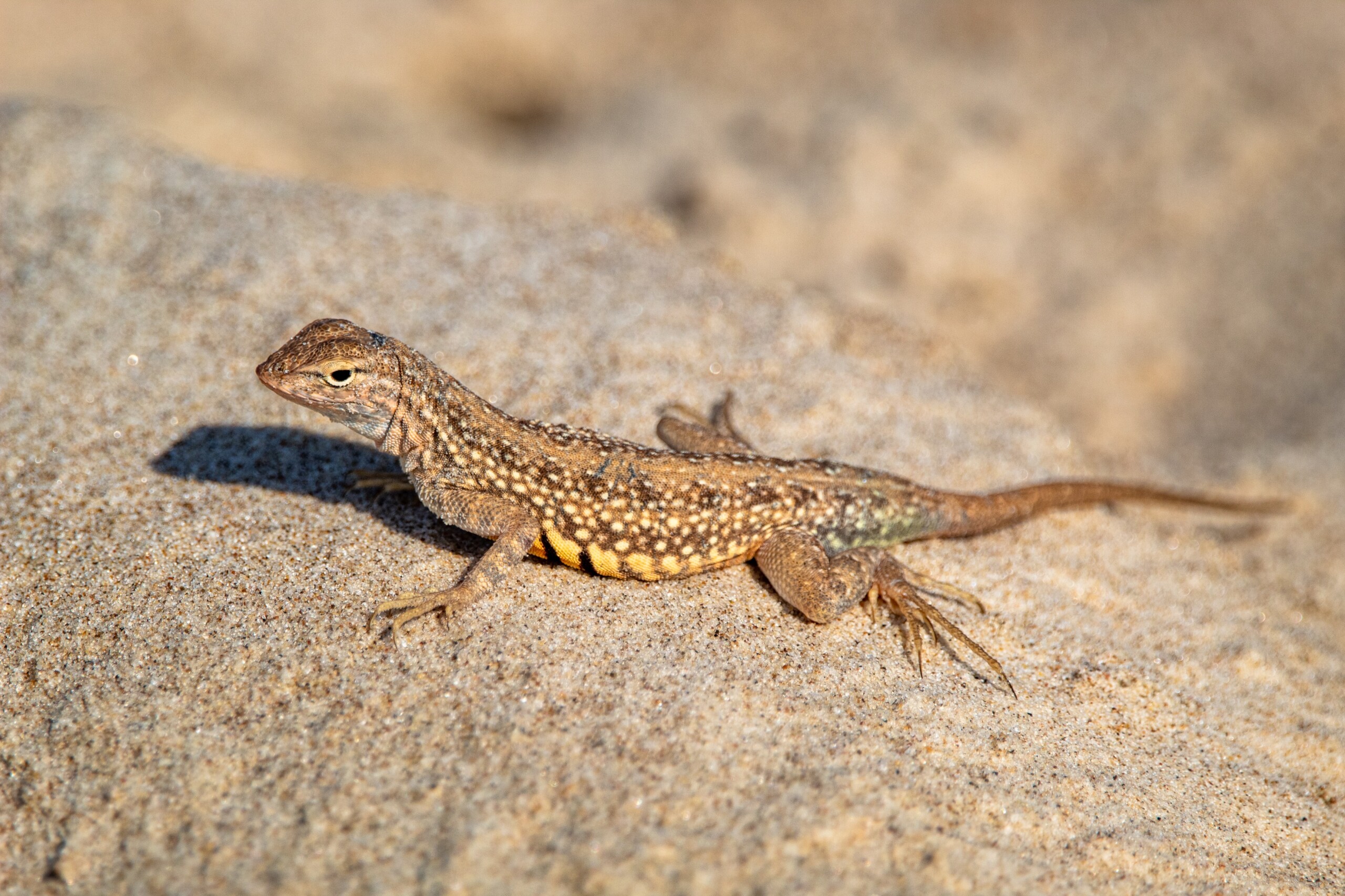Issues
Senators from both parties urge extension of Lesser Prairie Chicken (LPC) decision. Senators from across the Great Plains have sent a letter to the Interior Department, urging the U.S. Fish and Wildlife Service (FWS) to take more time to decide whether to list the lesser prairie chicken as threatened. The letter, sent to Fish and Wildlife Service Director Dan Ashe, requests the FWS wait until next summer to finalize its decision on the bird, rather than in September as it is currently scheduled, in order to allow more time to complete the five-state conservation plan. The lawmakers noted that “Given the ground-breaking nature of the five-state plan, we are interested in giving participants the maximum amount of time to enroll in these programs and demonstrate their effectiveness.” Signers included Senators Jerry Moran (R) and Pat Roberts (R) of Kansas, James Inhofe (R) and Tom Coburn (R) of Oklahoma, John Cornyn (R) and Ted Cruz (R) of Texas, Tom Udall (D) and Martin Heinrich (D) of New Mexico, and Mark Udall (D) and Michael Bennet (D) of Colorado.
In appreciation of these efforts, IPAA and the American Petroleum Institute (API) sent a letter to Senator Tom Udall (D-NM) and Jim Inhofe (R-OK) to express support and gratitude for their efforts on the proposed listing of the lesser prairie chicken. Read IPAA and API’s joint full letter to the Senators HERE.
Center for Biological Diversity sues FWS over Dunes Sagebrush Lizard. This week, the Center for Biological Diversity (CBD) issued a lawsuit against the United States Fish and Wildlife Service for allegedly failing to prevent the extinction of the Dunes Sagebrush Lizard in Texas. After hearing news of the lawsuit, Ben Shepperd, president of the Permian Basin Petroleum Association, questioned the CBD assertion that the Dunes Sagebrush Lizard was indeed facing an imminent threat:
“I feel the Fish and Wildlife Service made the correct decision not to list the lizard. The reason is that the decision was based on scientific fact and that is the data did not justify a listing. The lizard is doing just fine. The population appears to be strong, based on studies we’ve seen.” (Midland Reporter Telegram, 6/19/13)
The suit is largely a reaction to a prior dispute over the species. In 2010, a FWS proposal to list the lizard under the authority of the Endangered Species Act (ESA) was subsequently revoked when an alternate conservation agreement had been reached with Texas. According to CBD these government protection efforts are ineffective and the state plan offered “no way for Fish and Wildlife, or scientists and other experts, to determine whether such measures are adequate to prevent the lizard’s extinction.” Proponents of the 2010 FWS decision, on the other hand, felt the listing would have only put American jobs at stake, forcing the closure of valuable oil and natural gas development in the resource-rich region. In response to the CBD’s legal action, lawmakers and private individuals alike voiced their opposition. In an interview with Fox News in 2011, Rep. Steve Pearce (R-N.M.) warned of potential negative effects on the local economy, stating “almost every job [in the counties] is at risk…workers will have to go someplace else.” The final listing judgment will occur by the end of the year.
In the News
Congressmen seeking delay on prairie chicken ruling. Carlsbad Current Argus. Congressional leaders from five states affected by a possible listing of the lesser prairie chicken as an endangered species, in a bi-partisan letter to the Fish and Wildlife Service, have urged the agency to extend its decision to list the bird under the Endangered Species Act.
Feds Propose Listing Southwest Mouse As Endangered. Associated Press. Federal wildlife managers are proposing to list the New Mexico meadow jumping mouse as an endangered species.
Canadian Oil Firm Pulls Lease Offer. Glasgow Courier. A Canadian oil exploration company has withdrawn the offer it made to lease minerals on land belonging to Valley County, citing the difficulty of conducting business under restrictions intended to protect the habitat of the threatened sage grouse.
Protect gray wolves. Houston Chronicle, LTE. Regarding “Fight brews on protection of gray wolf” (Page A9, June 8), in another move to undermine the Endangered Species Act, the Obama administration is proposing nationwide removal of federal protection for most gray wolves and handing management responsibility to the states.
Okla.’s Inhofe asks for delay on threatened listing decision of lesser prairie chicken. Associated Press. U.S. Sen. Jim Inhofe is asking federal officials to delay for another six months a decision on whether to list the lesser prairie chicken as a threatened species. The letter sent Thursday by Inhofe is supported by fellow Oklahoma Sen. Tom Coburn and a bipartisan group of senators from the other four states that would be affected by the ruling — Colorado, Kansas, New Mexico and Texas.
Trade group says amended suit against EPA counterproductive to protecting endangered species. E&E News TV (sub req’d). How should U.S. EPA move past the political and policy issues surrounding pesticide registration and the impact of pesticides on endangered species? During today’s OnPoint, Jay Vroom, president and CEO of CropLife America, explains why he believes an amended lawsuit against EPA, filed by the Center for Biological Diversity and Pesticide Action Network North America, is counterproductive to efforts to clarify the current process for registering pesticides.
2013 Farm Bill and NRCS Lesser Prairie Chicken Initiative. High Plains Public Radio. Parts of the 2013 Farm Bill remained unresolved, but sections concerning conservation programs – like the Natural Resources Conservation Service’s Lesser Prairie Chicken Initiative – were funded through FY2013 at the end of 2012.
Pending sage-grouse listing could impact terrain. Associated Press. “Critical habitat” is a phrase land managers don’t often like to hear. The impending Gunnison sage-grouse endangered species listing is bringing attention to the small bird that hasn’t been seen displaying its feathers on a Poncha Pass lek — breeding ground — for some time.



